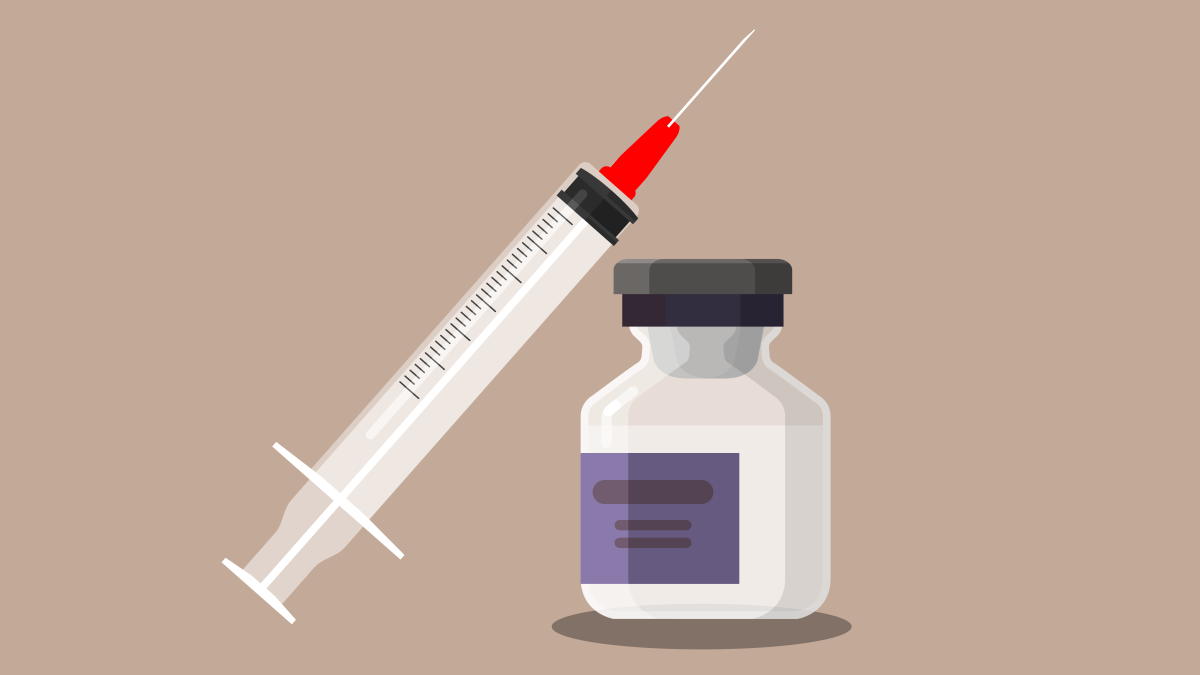Doping has taken a prominent role in professional sports. As a spectator, it seems as though many athletes participate, but only a few are caught. When consequences are handed out, sports organizations appear to be more concerned with politics instead of the health of their athletes.
Performance enhancement drugs have been associated with health risks such as increased blood pressure, stroke and heart attack. These risks can lead to more serious and fatal consequences.
“There’s cardiovascular system risks and it can disrupt hormone balances and homeostatic systems. It’s not my area of expertise, but I’ve anecdotally heard and seen some evidence for some mental related effects of doping,” said kinesiology professor and athletic trainer Melissa Thompson.
Organizations like the NFL, MLB and FIFA use the unwavering regulations set by the United States Anti-Doping Agency and the World Anti-Doping Agency to determine consequences for athletes and staff that participate in doping. PEDs have short and long-term effects, but when athletes are punished, their health seems to be an afterthought.
The punishments are so intense that athletes have turned to various forms of cheating to pass the mandatory drug tests throughout the season. If athletes are caught, the punishments can be potentially career ending.
San Diego Padres shortstop Fernando Tatis Jr. recently tested positive for PEDs. He was suspended for 80 games and lost brand deals. Instead of inquiring about his health, most onlookers were worried about his lowered income and his ineligibility in the 2022 World Series.
Internationally, Russian athletes have had many incidents concerning doping. This political turmoil caused the Olympics to ban Russian participation until 2024. While PEDs are always at the forefront of the conversation, I can’t help but wonder if it’s truly because of politics.
These examples again show that sports organizations place the health of their athletes on the back burner while prioritizing money, politics and public image.
“One of the key principles we see throughout health and medicine is that when people try to take shortcuts to achieve things, it’s often disastrous. It may work for a little while, but long term it ends in destruction,” Thompson said.
When it comes to doping, sports organizations are trying to juggle public outrage, sponsors, and their athletes all at once. Trying to please everyone is nearly impossible, so it looks like they take shortcuts to please the sponsors and the fans.
When sponsored athletes dope, they destroy their brand’s investment and the public’s trust; that’s why the consequences are so severe. When brands sign a player, they’re investing time, money and resources to make them a top athlete. In return, the athlete should win games, bring in fans, earn publicity and more. So when a player is doping, they limit their potential and wholistically ruin the organization’s investment.
PEDs benefit sports organizations, sponsors and athletes short term, but in the long run, the athlete’s performance may start to deteriorate.
Based on the history of consequences and public outrage, it’s safe to say that sports organizations care more about the politics surrounding doping rather than the act itself. The health of athletes should always come before pleasing the sponsors and spectators.
Jemiah Clemons is a 19-year-old kinesiology freshman from Miami, Florida.





